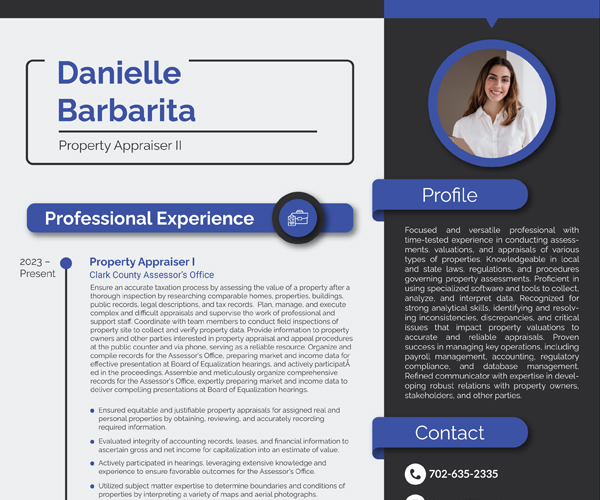The Impact of Resume Mistakes
Your resume is often the first impression you make on potential employers. Resume mistakes can have a significant impact on your job prospects, leading to missed opportunities and potential rejection. Recruiters and hiring managers receive numerous Legal resume mistakes for each job opening, and any errors or shortcomings can quickly result in your application being discarded.
Using one resume for several job applications:
Often, due to lack of time or complexity, people send an equivalent version of their resume to several jobs that require different skills or knowledge or work in different industries.
Even if companies belong to the same industry, their culture, and preferences may differ. Therefore, your application should be adjusted for each specific job you are applying for.
One of the most common mistakes job seekers make is using the same resume for multiple job applications. While it may seem convenient and time-saving to send a generic resume, it can significantly decrease your chances of success.
Every job opportunity is unique, with different requirements, skills, and qualifications. Hiring managers are looking for candidates who specifically address their needs and demonstrate a genuine interest in the position. By sending a one-size-fits-all resume, you fail to highlight your suitability for the specific job and miss out on an opportunity to stand out from the competition.
Including personal information:
In the past, it was common for job seekers to include personal information in their resume mistakes, such as their legal status, religious beliefs, nationality, or even a photograph. However, times have changed, and employers are now prohibited from asking for or making hiring decisions based on such personal factors.
Including personal information on your resume is not only unnecessary but can also be detrimental to your job search. It takes up valuable space that could be better utilized to showcase your skills, experiences, and qualifications that are directly relevant to the position you are applying for.
Employers are primarily interested in your professional qualifications and how well you fit the requirements of the job. They want to assess your skills, experience, education, and achievements to determine if you are a strong candidate. Personal information, such as your nationality or religious beliefs, has no bearing on your ability to perform the job and should not be a factor in the hiring decision.
Too much text:
We know “Less is more” and this principle also applies to your application. It should be specialized in quality content, not quantity. Too much information can distract an employer or recruiter from understanding how you will add value to their job opening. On average, a recruiter spends 7 seconds looking at your resume, so you want to build their number. The sentences should be short and concise starting with an action verb; be specific about your accomplishments, and use numbers or percentages whenever possible.
Non-professional email address:
There shouldn’t be an excuse for not having a known email address when you apply for a job as there are many free email service providers and it only takes 2 minutes to create a new email address.
It should be a simple variant of your first and last name.
Profiles in social networks Not related to a specific job:
Before applying for any job, you should audit and check all your social media profiles that appear when you search for your name on Google.
Don’t include your Pinterest or Instagram profile if you’re applying for a legal position. Instead, be sure to include your LinkedIn profile and a personal website or blog if you have one.
Spelling or grammatical errors:
Having Resume mistakes like these in your application shows the recruiter or employer that you just didn’t take the job application process seriously and that you’re not completely committed to it. Before submitting your application, make sure you proofread it. Consistent Formatting: Ensure consistent formatting throughout your resume, including font type, font size, and spacing. Choose a professional and easy-to-read font such as Arial, Calibri, or Times New Roman.



